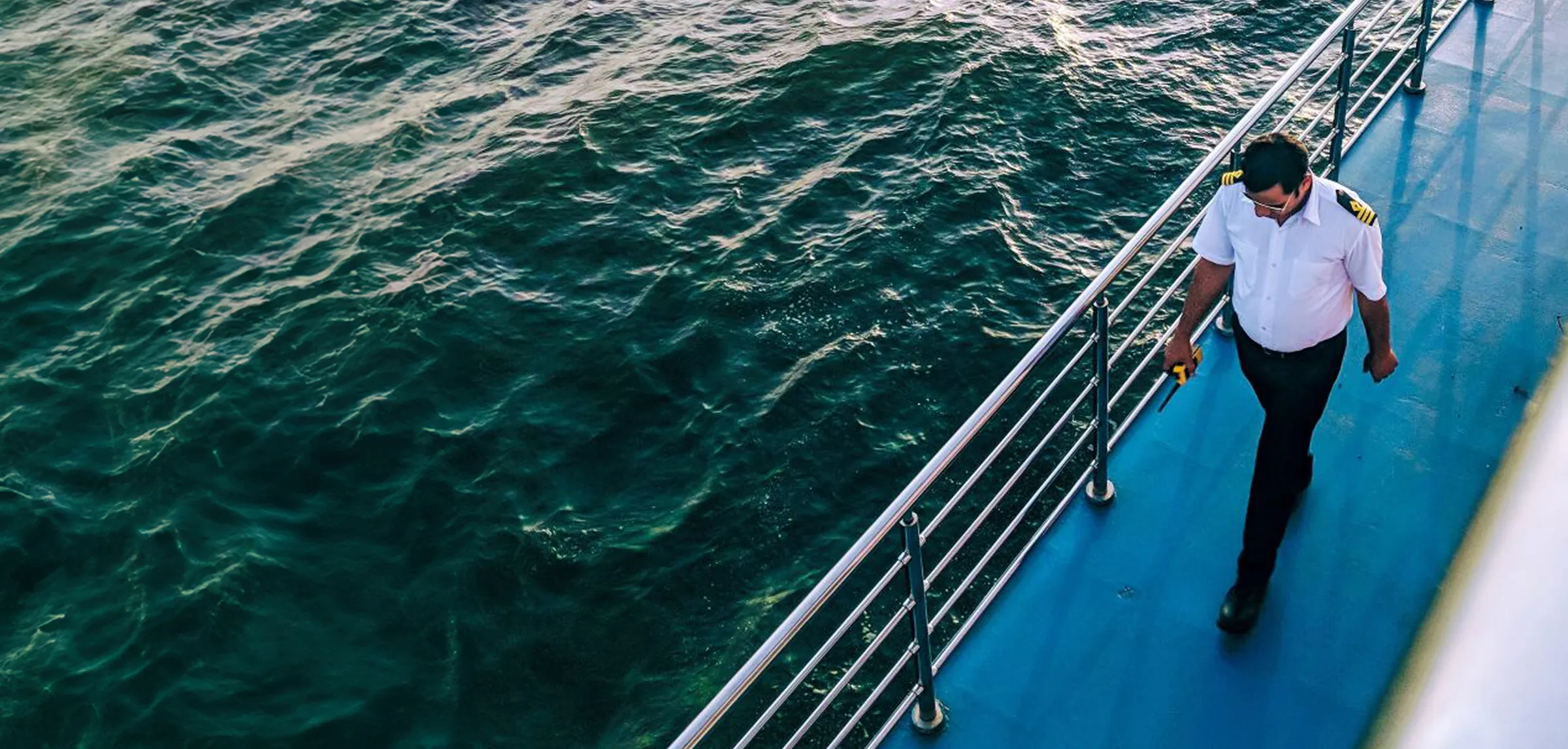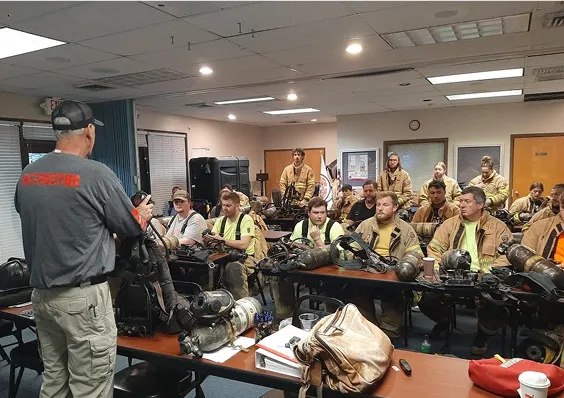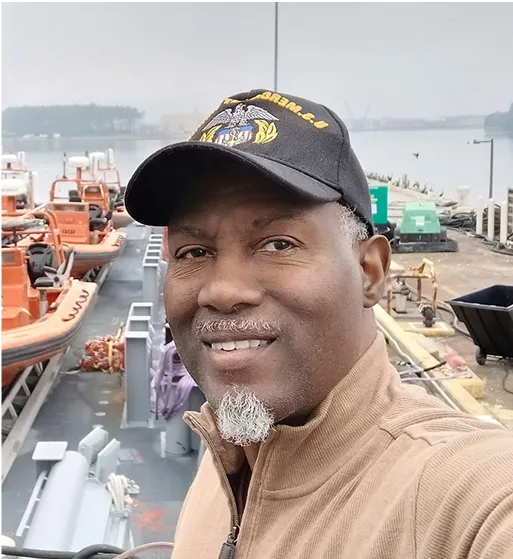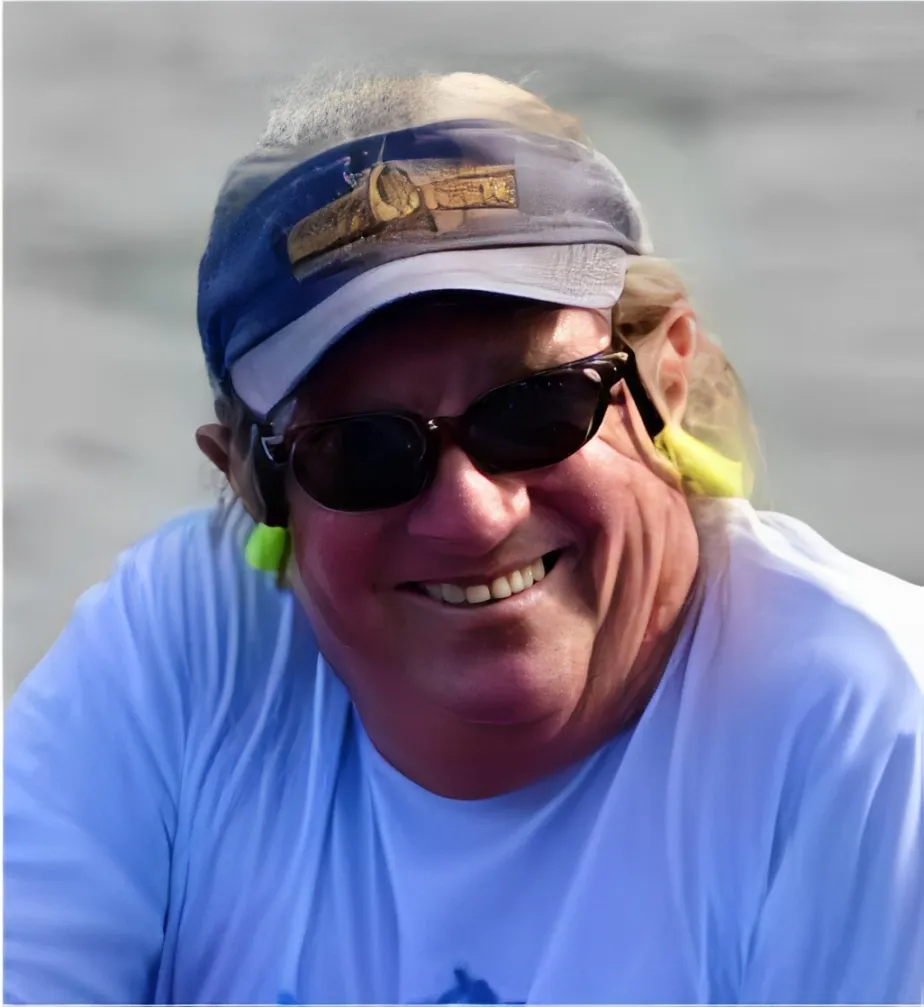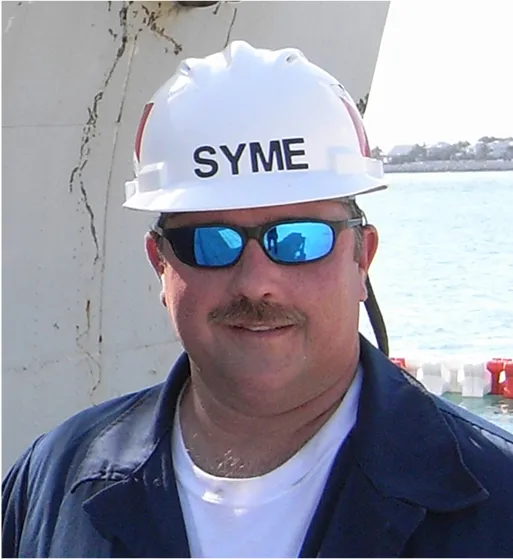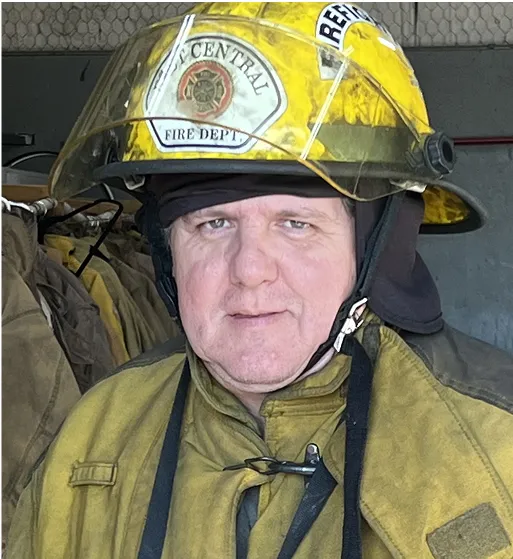Basic Shiphandling & Steering Control Systems (OICNW) (STCW)
This course provides foundational training in shiphandling and steering control systems, tailored for officers in charge of a navigational watch (OICNW). It adheres to STCW (Standards of Training, Certification, and Watchkeeping) regulations and is essential for mastering basic shiphandling skills and understanding steering control systems.
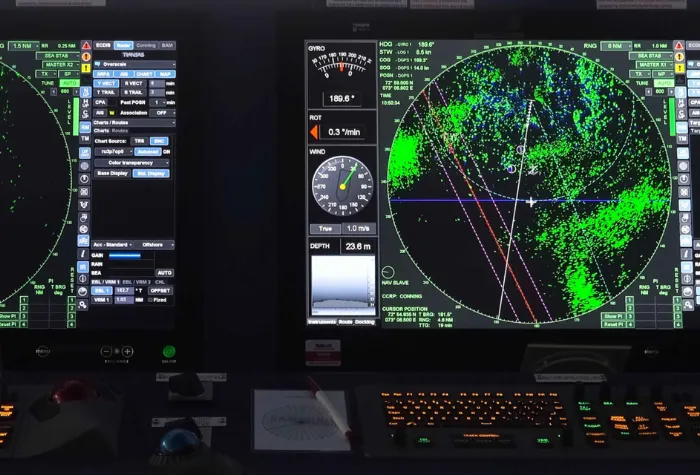
Why Thousands of Mariners Choose Sea School?
Each year, over 7,500 students choose Sea School for their maritime training. We offer 30+ USCG-approved courses across in-person, online, and satellite formats, with training available at 6 locations nationwide. Team training is also available on-site or via satellite to meet company needs.

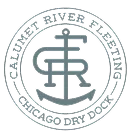
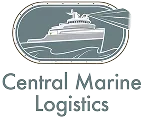


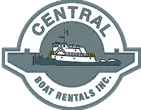

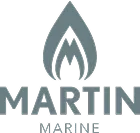








This course provides foundational training in shiphandling and steering control systems, tailored for officers in charge of a navigational watch (OICNW). It adheres to STCW (Standards of Training, Certification, and Watchkeeping) regulations and is essential for mastering basic shiphandling skills and understanding steering control systems.

Any applicant who successfully completes our Basic Ship Handling & Steering Control Systems (QUALMI-72) course will be considered to have satisfied the Ship Maneuvering and Handling and Steering Control Systems training requirements for certification as Officer In Charge of a Navigational Watch on vessels of 500 or more gross tonnage (ITC) as outlined in Table A-II/1 of the STCW Code, As Amended.
Why Thousands of Mariners Choose Sea School?
Each year, over 7,500 students choose Sea School for their maritime training. We offer 30+ USCG-approved courses across in-person, online, and satellite formats, with training available at 6 locations nationwide. Team training is also available on-site or via satellite to meet company needs.
















Real-World Expertise
Excellence starts with a strong foundation. We believe in mastering fundamental skills, building confidence, and ensuring every mariner has the knowledge and expertise needed to succeed in their career.
Flexible Learning Options
True leadership is demonstrated through action. We foster a hands-on approach, where mariners learn by doing and gain real-world experience that prepares them for the challenges of the industry.
Career Advancement
In the maritime world, challenges are inevitable - but so are solutions. We encourage proactive thinking, problem-solving, and the courage to take initiative.
Industry-Recognized Certifications
We never settle for mediocrity. Whether in training, leadership, or problem-solving, we strive for the highest standards in everything we do.
A Strong Community & Industry Network
Success in the maritime industry requires a strong work ethic. We embrace a roll-up-your-sleeves mentality, knowing that real growth comes from effort and persistence.
Confidence & Leadership Development
Ttrue professionals must be ready to adapt. We believe in staying agile, embracing change, and continuously expanding our skills to meet new challenges.
We’ve developed comprehensive, engaging, and practical curriculum to set you up for success on the water
While the curriculum represented on the Sea School website is a general layout of course information, it is not the exact order in which lessons are taught.
- Principles of Basic Shiphandling
- Principles of Basic Shiphandling
- Handling Vessels in Various Conditions
- Principles of Basic Shiphandling
- Principles of Basic Shiphandling
- Handling Vessels in Various Conditions
- Overview of Steering Control Systems and Components
- Manual and Automatic Steering Controls
- Calibration and Troubleshooting Steering Systems
- Overview of Steering Control Systems and Components
- Manual and Automatic Steering Controls
- Calibration and Troubleshooting Steering Systems
- Techniques for Maneuvering in Open Water and Restricted Areas
- Use of Propulsion and Steering Systems for Effective Maneuvering
- Handling Turns, Reverses, and Station Keeping
- Techniques for Maneuvering in Open Water and Restricted Areas
- Use of Propulsion and Steering Systems for Effective Maneuvering
- Handling Turns, Reverses, and Station Keeping
- Interaction Between Shiphandling and Navigation
- Impact of Weather and Sea Conditions on Shiphandling
- Collision Avoidance and Safe Navigational Practices
- Interaction Between Shiphandling and Navigation
- Impact of Weather and Sea Conditions on Shiphandling
- Collision Avoidance and Safe Navigational Practices
- Hands-On Training with Shiphandling Simulators
- Real-World Maneuvering Scenarios and Exercises
- Practical Application of Steering Control Systems
- Hands-On Training with Shiphandling Simulators
- Real-World Maneuvering Scenarios and Exercises
- Practical Application of Steering Control Systems
- Safe Practices and Procedures for Shiphandling
- Emergency Maneuvering and Incident Management
- Compliance with STCW Regulations and Safety Standards
- Safe Practices and Procedures for Shiphandling
- Emergency Maneuvering and Incident Management
- Compliance with STCW Regulations and Safety Standards
A Simple 3-Step Process to Get Certified and Start Your Maritime Career
Choose Your Course
Pick the course that fits your experience level and sea time and select the available format that works for you (in-person, Zoom, or online).
Enroll & Prepare
Register online or at a Sea School location. Ensure you meet eligibility requirements and start reviewing the provided study materials.
Get Certified
After finishing the course, you will need to submit your application to the Coast Guard to receive your Merchant Mariner Credential (MMC).

What Our Clients Say
What We Provide:
What Students Need to Bring:
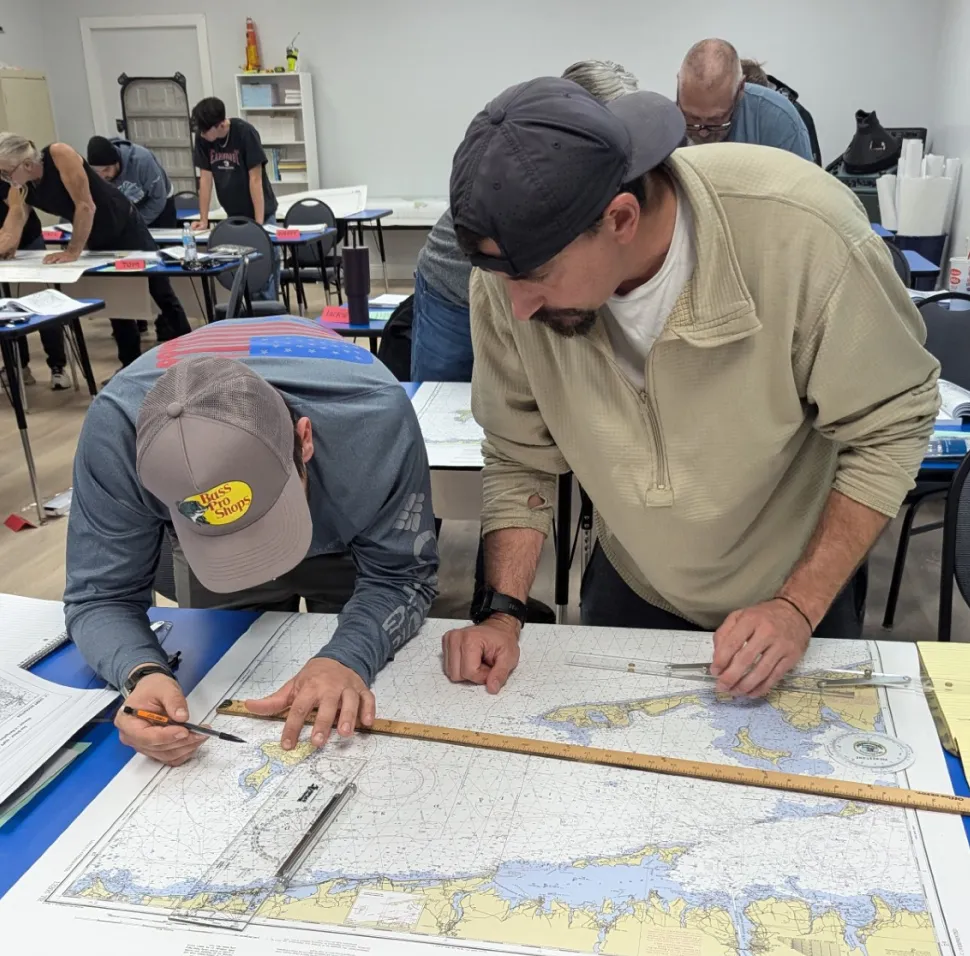
Advance your Maritime Career
Basic Shiphandling FAQs
This course is available to anyone pursuing qualifications to be in charge of a navigational watch.
Your Journey Begins Here – Get Certified & Get on the Water!
Helping thousands of mariners every year, Sea School is a leader in the maritime education space. Whether you are new to the industry or looking to add onto your Merchant Mariner Credential, find the courses right for you at Sea School.
